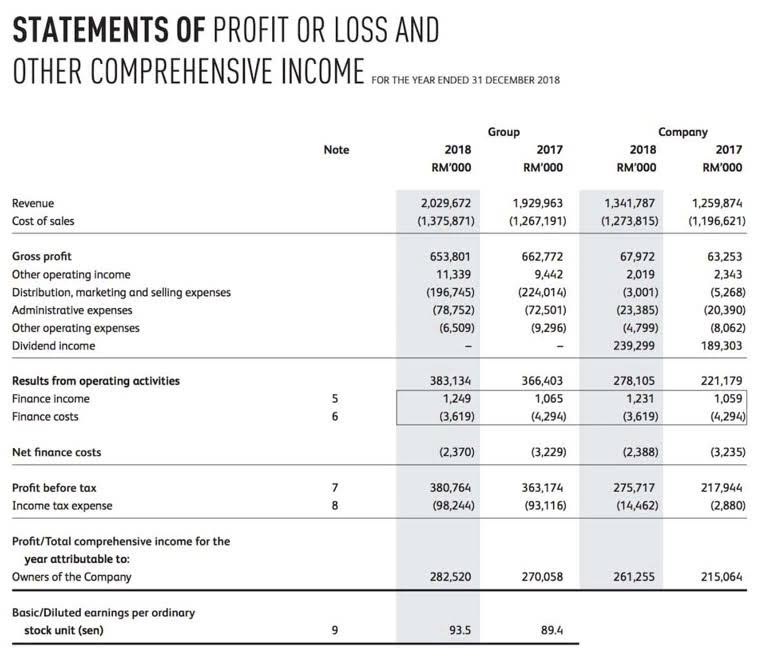Accounting For Law Firms: The Complete Guide

These practices not only petty cash ensure compliance with legal and ethical standards but also enhance the firm’s operational efficiency and decision-making capabilities. A robust reporting system provides a comprehensive and transparent view of the firm’s financial health, enabling informed strategic choices that can drive growth, sustainability, and overall success in a competitive legal landscape. Their services also include the preparation of monthly, quarterly, and yearly financial statements, as well as providing analysis and insights into the firm’s financial performance. Overall, law firm bookkeeping services assist with the financial expertise and support they need to manage their finances effectively and efficiently. Legal accounting is the practice of managing financial records and transactions of a legal practice. A law firm accountant bills clients, tracks expenses, handles trust accounts, and ensures compliance with regulations.
How Tech Can Simplify Legal Accounting
Additionally, the technological capabilities of the bookkeeping provider should be thoroughly reviewed. Modern accounting software and tools are critical for maintaining accurate records and enabling seamless integration with existing firm systems. Providers should offer solutions that are not only secure and scalable but also user-friendly, ensuring that law firm accounting services all staff members can easily navigate and utilize the software. This technological edge can significantly enhance reporting speed and accuracy, which are essential for informed decision-making. Furthermore, look for providers that stay updated with the latest technology trends, as this can help the firm leverage advanced analytics and reporting features that drive better business insights.
- Ultimately, a combination of rigorous time-tracking practices, continuous professional development, and robust client communication forms the backbone of effective time and billing bookkeeping in law firms.
- Furthermore, neglecting to implement proper controls over financial processes can make firms vulnerable to fraud and mismanagement.
- Law firms should begin this process by setting well-defined expectations regarding various aspects such as reporting schedules, turnaround times, and specific tasks that will be undertaken by the bookkeeping team.
- Our team of experts ensures the accurate alignment of your financial transactions, accounts, and statements, crucial for reliable financial record-keeping.
- One of the advantages of using Clio’s legal-specific trust accounting software is that it is built to provide trust accounting functions that are easy to manage and maintain.
- Moreover, understanding the nuances of cash flow is essential; it allows firms to manage their day-to-day operations smoothly while planning for long-term investments or handling unexpected expenses.
Differentiating Between Accounting and Bookkeeping for Law Firms
The Quickbooks pricing model is still a “software as a service” though, so you can expect to pay a monthly fee. The Less Accounting approach is more of a hybrid between the do-it-yourself approach and true outsourcing. For their initial plan, you can pay a monthly fee to access their software and manage your books yourself.
Leaking money

This consistency not only fosters trust with clients and partners but also aids in regulatory compliance; it helps firms avoid potential legal repercussions that can arise from misreporting or financial discrepancies. Moreover, maintaining proper records can also enhance a firm’s reputation, as it demonstrates professionalism and reliability to clients. Moreover, by encouraging open dialogue regarding financial reporting, law firms can strengthen their strategic planning and adapt more readily to industry changes.

The Implications of Economic Nexus and Market-Based Sourcing for Law Firms
This approach provides a more comprehensive and nuanced view of the firm’s financial health, allowing stakeholders to see a clearer picture of liabilities and receivables. By recognizing income as soon as services are rendered, law firms can more accurately reflect their financial position, making it easier to assess profitability and manage cash flow effectively. These intricacies, including flat fees, hourly rates, and contingent fees, can lead to inconsistencies in revenue recognition, making it difficult for firms to maintain accurate financial records. When billing practices are not clearly defined or communicated, misunderstandings can arise, resulting in delayed payments and strained client relationships.

Trust Accounting 101 for Law Firms
Firms must also keep comprehensive and detailed records of all transactions involving trust funds, including deposits, withdrawals, and any fees taken from these accounts. These records should clearly document the date, amount, purpose of the transaction, and the relevant client’s name. Maintaining thorough documentation is not only crucial for compliance—but also serves the purpose of providing transparency to clients. This transparency reinforces their trust in the firm’s financial practices and fosters a strong client-lawyer relationship built on accountability.
- Beyond just staying organized and compliant, following best practices for accounting for law firms will help you identify growth opportunities.
- By embracing a proactive approach to legal bookkeeping regulations, firms not only mitigate the risk of penalties and legal ramifications but also instill confidence in their clients about the integrity of their financial operations.
- Integrating bookkeeping software with case management software is a strategic move that can significantly enhance a law firm’s operational efficiency.
- If you’re managing your books yourself, there are a few common mistakes that crop up from time-to-time and here’s how to avoid them.
- Additionally, large law firms often manage sophisticated client trust accounts and retained funds, which necessitates stringent oversight to avoid ethical breaches and ensure timely reporting to relevant regulatory authorities.
Clio Manage: For legal practice management that supports accounting for law firms

Additionally, investing in continued education—whether through workshops, online courses, or webinars—can empower solo practitioners with essential skills in financial management. This knowledge ensures they not only keep their practices compliant but also thrive in a highly competitive market. Primarily, law firms must comply with the American Bar Association (ABA) Model Rules of Professional Conduct, which https://www.bookstime.com/ outline the obligation of attorneys to safeguard client funds and maintain proper financial records. This includes strict adherence to trust accounting rules, where firms must keep client funds separate from their operating accounts.






Comments are closed
Sorry, but you cannot leave a comment for this post.